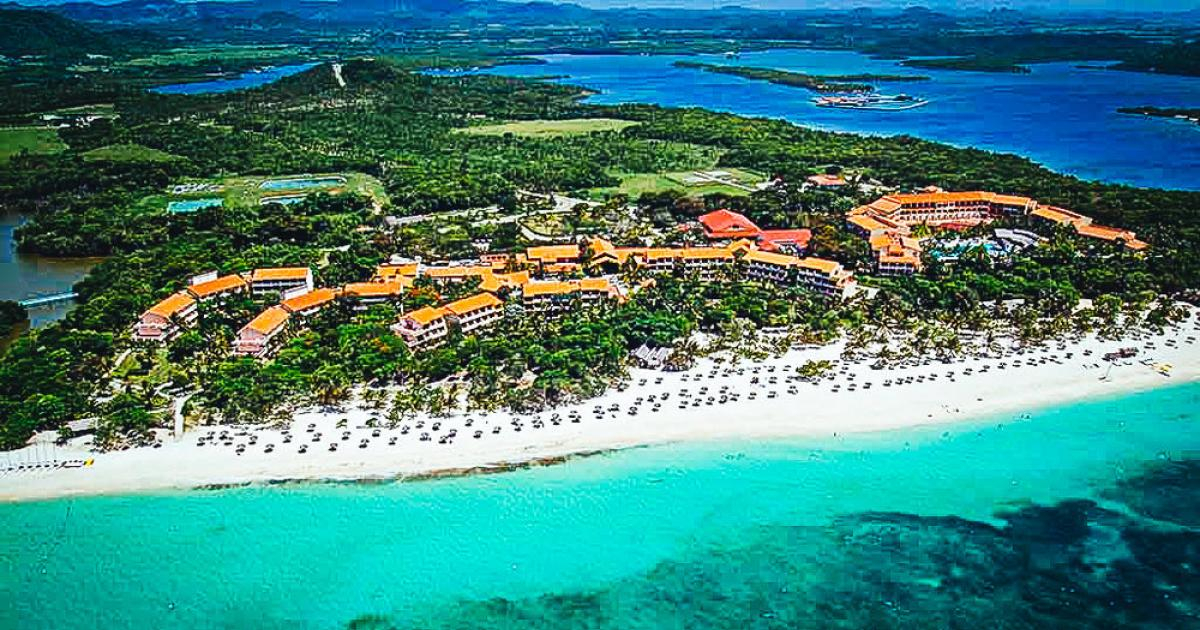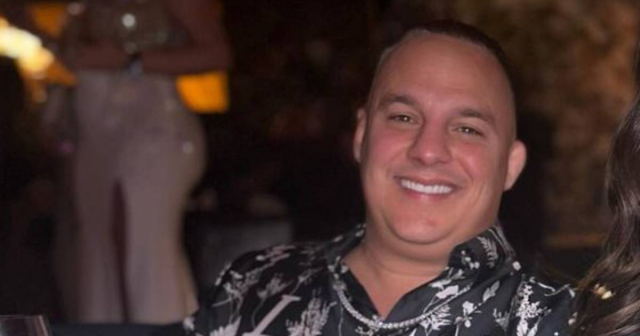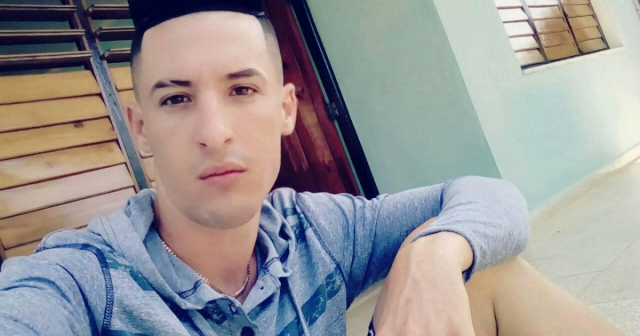
Thejustice Spain filed the lawsuit against the hotel chain againMelia for exploiting hotels in Cuba, according to local press reports.
The 24th Court of First Instance of Palma de Mallorca once again filed the lawsuit of the Cuban Sánchez Hill family against Meliá Hotels International and the state hotel group Gaviota, belonging to the military consortium GAESA, for the operation of two hotels in Cuba, located on land nationalized by Fidel Castro after 1959, the Spanish newspaper reported this WednesdayExpansion.
This is the second time that the Sánchez Hill family sues the Meliá group and the Spanish justice system files the lawsuit under the argument of “lack of jurisdiction of the court.”the same given in May 2021, when the first claim was dismissed.
The claimants' legal team toldCyberCuba who is considering appealing the ruling.
"Our lawyers remain optimistic that her appeal request during the next 20 days to the Provincial Court in Palma de Mallorca will be successful, just as it was the first time in March 2020, as she will be tried again by the same collegiate panel of three judges," said attorney Nick Gutiérrez, a member of the Sánchez-Hill legal team and corporate secretary of the Central Santa Lucía firm.
On that occasion, the Provincial Court found that Court No. 24 has both jurisdiction and competence to adjudicate this claim for illicit enrichment, and did not determine its decision on whether the Cuban government and the Gaviota corporation should intervene in the case. Both entities were offered that possibility at the insistence of Judge Crespi, but they chose not to do so for reasons of alleged sovereign immunity.
"Our position in this case continues to be of great interest in European legal circles, due to the value of precedent it represents on their investments in Cuba," said Gutiérrez.
The Spanish court declared that there is a lack of jurisdiction of its court to hear the confiscation of the hotels, since it was a sovereign act carried out by Cuba through its own laws.
The Sánchez Hill family, resident in the United States, has been demanding compensation since 2019 for the operation of the Paradisus Rio de Oro and Sol Rio y Luna Mares hotels. for being located on land that was nationalized to them by the socialist measures of Fidel Castro after 1959.
The judge of Palma de Mallorca, when she investigated the first lawsuit by the Sánchez-Hill family of exiles, determined to dismiss the case, considering that the lawsuit should be directed against the Cuban State, responsible for the original act being denounced. And that, therefore, since it affects another State, no Spanish court has the power to prosecute it.
For these conclusions, the judge relied on a report issued by the Spanish Ministry of Foreign Affairs in April 2021, in which the Spanish Government argued that the "nationalization of assets agreed upon by the Cuban State in 1960 is an actthe right of government". That is, a sovereign action that is protected by immunity from jurisdiction before the courts of other countries.
The descendants of Rafael Lucas Sánchez-Hill demand compensation from Meliá for the use of a land of more than 40,000 hectares in the province of Holguín, where two of the company's hotels stand: the Sol Río de Luna y Mares, and the Paradisus River of gold.
Both were built on the land of an old sugar plantation that belonged to that Cuban family until 1960, when the Government of Fidel Castro nationalized them.
The Spanish chain Meliá Hotels International has faced several lawsuits under the Helms-Burton Act for years for trading in properties seized by the Cuban government. However, this claim by the Sánchez Hill family before the court of Palma de Mallorca was not based on US legislation, but on the Spanish Civil Code.
Meliá, with 38 hotels in Cuba, was one of the Spanish companies most affected by the activation of Title III of the US legislation, activated by US President Donald Trump in 2019, although so far it has managed to have most of the transactions archived. claims against him filed in the US.
What do you think?
COMMENTFiled in:






